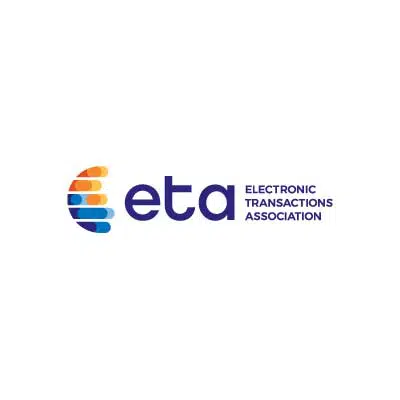Central bank digital currencies, cryptoassets, and privacy are three major priorities for the Electronic Transactions Association in 2022, the payments industry’s top lobbying group announced late Friday. All three are hot-button topics featuring strong opinions on opposing sides, presenting the payments industry with an uncertain roadmap for navigating the issues the topics raise.
Other national issues the Washington, D.C.-based association said it will tackle this year include: the buy now, pay later trend; open banking; the microchip shortage; artificial-intelligence technology; intellectual property; fraud; and workforce issues.
Cryptocurrency and CBDCs in particular have come to the fore as private companies and national governments wrestle with these digital assets as forms of payment. In the U.S. market, the Federal Reserve, along with policymakers, have been studying the issue of introducing a digital currency that would ultimately replace paper money. Some 90 nations have CBDC projects under consideration or under way at some level, according to the Atlantic Council, which tracks the trend.

“Given that the existing payments system in the U.S. is safe, effective, dynamic, and efficient, ETA urges policymakers to move thoughtfully and deliberately in order to ensure there are no unintended consequences and that any CBDC would add value to the ecosystem,” the ETA says in its release. The group also urges that regulators be careful not to squelch innovation and to welcome private-sector participation.
Similarly, the ETA advises caution with respect to national regulations for cryptocurrency. An “appropriate regulatory framework,” the group says, should consider the applications to which consumers and businesses are putting cryptocurrencies and aim to control the risk those applications present, again without suppressing innovation.
As for privacy in payments, the ETA says it “supports a strong federal privacy standard that is principles-based to ensure predictability and consistency for consumers.” The group also warns that privacy standards should not be so strict as to hamper protections against fraud.
The trade group includes in its membership most of the nation’s most prominent payments processors. It says its membership processes $22.5 trillion annually in transactions around the world.





